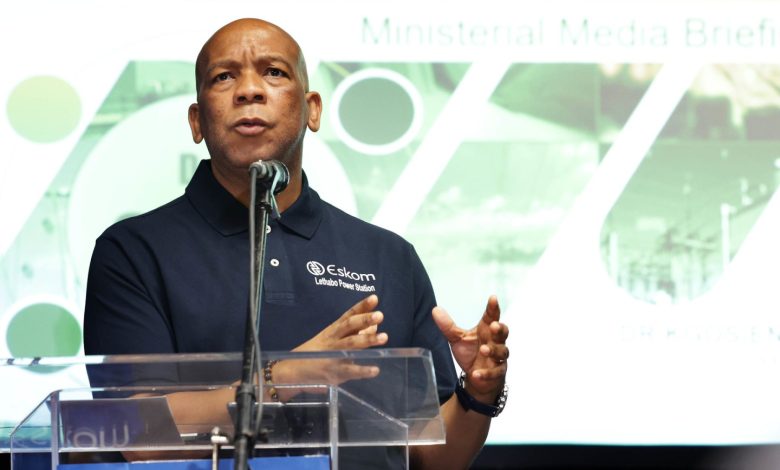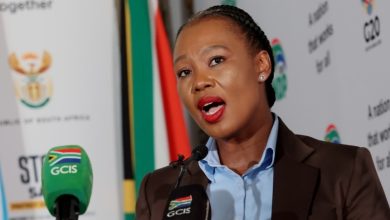
The Portfolio Committee on Electricity and Energy received a briefing from the National Energy Regulator of South Africa (NERSA) on the state of electricity distribution.
Briefing the committee, the energy regulator outlined the results of the Municipal Cost of Supply (CoS) studies. NERSA was pleased to announce that for the 2025/26 financial year, 100% of tariff applications were submitted with compliant CoS. However, the studies revealed the financial implications for municipalities striving to comply with regulatory frameworks.
The meeting’s central area of discussion was the implementation of approved municipal tariffs, which are aligned to NERSA’s regulatory framework. The presentation highlighted concerns with the high vacancy rate within municipalities, the lack of maintenance plans and insufficient adherence to occupational health and safety regulations. The committee queried how these entities received their licences. NERSA said municipalities have regressed in their compliance over time, and the regulator is addressing non-compliance through its audits and tribunal processes.
The committee expressed its concern regarding non-adherence to distribution licence conditions. Members noted the challenges of high vacancies and the insufficient compliance with the Electricity Regulation Amendment Act. The committee emphasised the need for immediate action to address these issues, which are essential to enhancing service delivery and operational efficiency.
The committee also received a presentation from the National Energy Crisis Committee (NECOM), which introduced the EDI Reform Roadmap. NECOM aims to tackle both immediate and long-term sustainability issues in the sector. NECOM outlined the role of the distribution agency agreements (DAA) as a temporary response to the current crisis and stressed the necessity of structural reforms and local government improvements under Operation Vulindlela. The roadmap seeks to enhance service delivery, improve governance and ensure the financial viability of municipalities.
The DAA serves as a short-term intervention for municipalities facing financial distress. While the DAA can help stabilise these municipalities, NERSA agreed that it does not resolve the deeper governance issues at play. The committee voiced support for the referral of 20 licensees to the tribunal for non-compliance, viewing this action as essential to uphold accountability and ensure that municipalities meet their obligations.
The committee voiced the challenges facing consumers, the high unemployment rate and economic inequality in South Africa. Members questioned how municipalities could accumulate substantial debt to Eskom when many consumers struggle to afford electricity. NECOM acknowledged the affordability challenges and the weaknesses in municipal revenue collection systems, noting that consumer debt to municipalities is significantly lower than municipal debt to Eskom.
On the issue of privatisation, NECOM explained that the Electricity Distribution Industry reform roadmap does not advocate for the privatisation of distribution networks. However, it stresses the importance of public ownership and efficient management to maintain affordability and accessibility of electricity for all South Africans.
On the issue of escalating municipal debt to Eskom, committee members indicated how it affects the financial stability of the electricity supply industry. NERSA emphasised the need for effective governance and accountability measures within municipalities to tackle this growing debt.
NERSA stated that it is working with the Department of Electricity and Energy to explore legislative changes that would enhance its enforcement capabilities, particularly regarding the limitations imposed by Section 18 of the Electricity Regulation Act.




